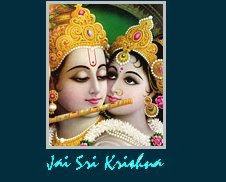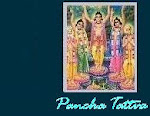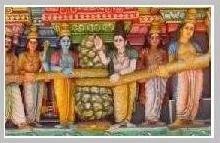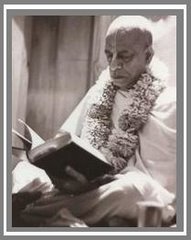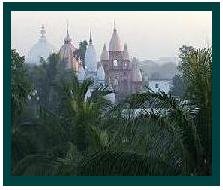 Knowledge is like the sun, while all scriptures are only its rays. No single scripture could possibly contain all knowledge. The personal realizations (svatah siddha-jnana) of the jivas are the basis of all scripture. These realizations should be recognized as the gifts of God Himself. The perceptive Rishis obtained this self-evident knowledge directly from the Supreme Brahman and wrote it down for the benefit of other jivas. A fractional portion of this knowledge has taken form as the Veda.
Knowledge is like the sun, while all scriptures are only its rays. No single scripture could possibly contain all knowledge. The personal realizations (svatah siddha-jnana) of the jivas are the basis of all scripture. These realizations should be recognized as the gifts of God Himself. The perceptive Rishis obtained this self-evident knowledge directly from the Supreme Brahman and wrote it down for the benefit of other jivas. A fractional portion of this knowledge has taken form as the Veda.A conditioned soul is advised to study the Veda with the help of all these explanations. But even with the help of these explanations, he should still examine them in the light of his own self-evident knowledge (or personal realizations), because the authors of these explanatory literatures and commentaries are not always clear in their meaning. In some cases, commentators have confessed to having doubts about their own understanding. Therefore the Katha Upanishad (2.5) says:
avidyayam antare vartmanahsvayam dhirah panditam manyamanahdandramyamanah pariyanti mudhahandhenaiva niyamana yathandhah
"Abiding in the midst of ignorance, thinking themselves wise and learned, fools go aimlessly hither and thither, like blind led by the blind."
Therefore, it is necessary to cultivate knowledge in the light of one's own personal realizations. This is the rule governing scriptural study. Since knowledge born of personal realization is the root of all the scriptures, how can we expect to gain benefit by ignoring it and depending exclusively on the scriptures, which are the branches growing out of it?
- Bhaktivinoda Thakur
